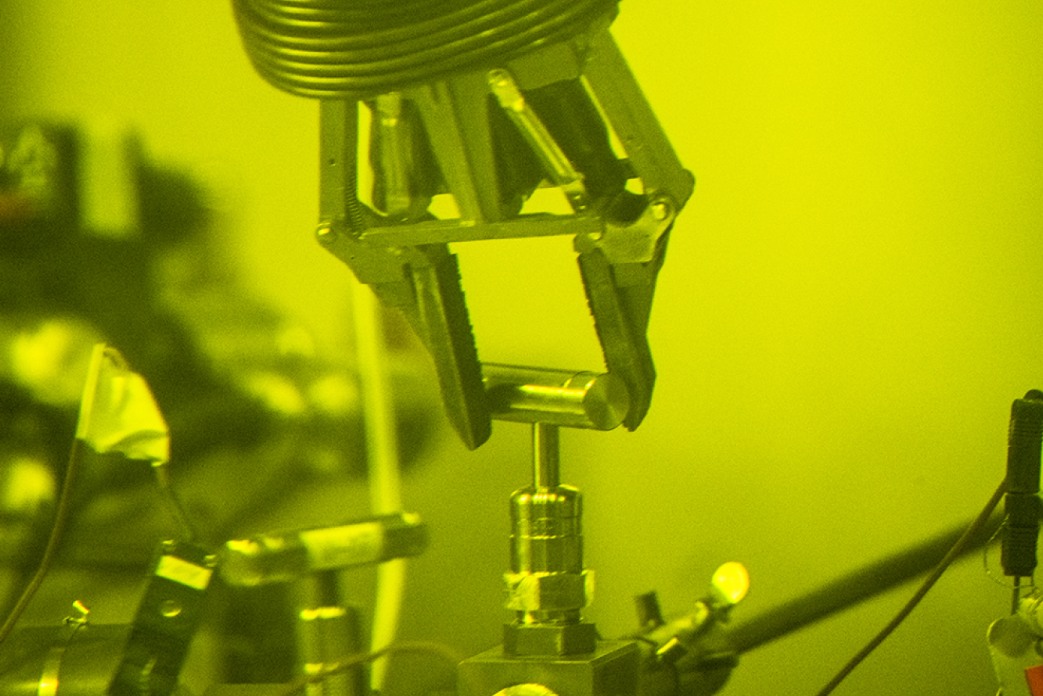Haier’s GE Appliances Tightropes U.S.-China Tensions with $3 Billion Reshoring Play

Inside Haier’s Calculated Bet: GE Appliances’ $3 Billion U.S. Shift Amid Trade Wars
Louisville, Kentucky — In a high-stakes maneuver blending corporate strategy and geopolitical pragmatism, China-owned GE Appliances revealed plans to repatriate major appliance lines from China and Mexico to the U.S.—a $3 billion gambit that underscores Haier’s delicate dance between Washington and Beijing.
The Haier Factor: A Chinese Parent’s U.S. Playbook
Since Haier’s 2016 acquisition of GE Appliances for $5.4 billion, the subsidiary has walked a tightrope: expanding U.S. operations while maintaining ties to Chinese suppliers. Wednesday’s announcement signals a tactical shift. "Localization is our shield," said a Haier insider, speaking anonymously. The move preempts potential U.S. regulatory scrutiny amid rising Sino-American trade friction.
Production Shifts: A State-by-State Geopolitical Chessboard
Georgia’s Win: Gas ranges from Mexico to LaFayette avoid 25% Section 301 tariffs.
Alabama’s Comeback: Decatur’s plant, once struggling, now targets "China-free" refrigerators—a marketing boon.
South Carolina’s Green Pivot: Camden’s shift to electric water heaters aligns with Biden’s clean energy agenda.
Tennessee’s Niche: Selmer’s AC models cater to post-pandemic home renovation demand.
The Tariff Tightrope
While CEO Kevin Nolan framed the decision as customer-centric, internal documents reviewed by MoneyWatch reveal tariff savings of $120 million annually post-reshoring. "Haier isn’t abandoning China—it’s hedging," said trade analyst Linda Lim. Indeed, 40% of GE’s components still rely on Chinese suppliers.
Labor and Diplomacy
The investment includes partnerships with HBCUs (Historically Black Colleges and Universities) to diversify its Southern workforce—a nod to ESG pressures. Yet, Haier’s dual identity complicates optics. "They’re threading the needle," said Georgetown professor David Riccardi. "American jobs, Chinese ownership, global supply chains."
The Biden-Trump Factor
Though Trump’s tariffs catalyzed the shift, Biden’s infrastructure bill sweetened the deal. Kentucky’s $490 million washer facility, for example, qualifies for clean energy tax credits. Governor Beshear’s praise for GE’s "unwavering belief" in Kentucky conspicuously omitted Haier’s role.
Global Implications
Haier’s strategy mirrors Apple’s Vietnam pivot—diversifying without decoupling. But with U.S.-China tech wars escalating, GE Appliances’ success hinges on navigating "friend-shoring" demands. As Nolan stated: "We’re all about ‘Made for America.’ Who owns us is secondary."
——


